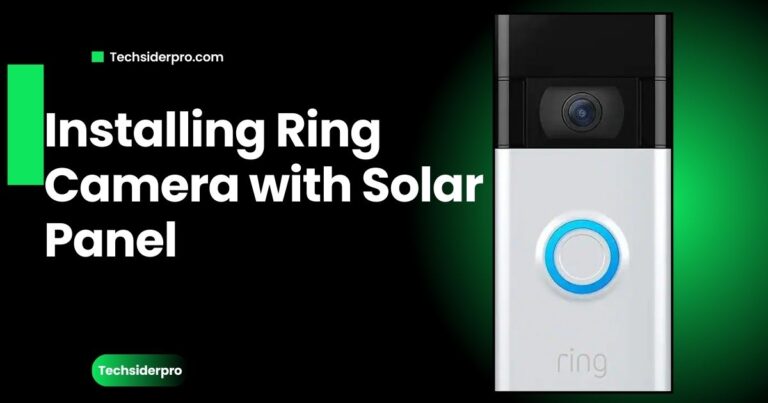Medical alert systems are lifesavers. They provide emergency contact so that a caregiver or family member can be alerted quickly. However, if you’re wondering whether Medicare (U.S. senior insurance) pays for medical alert systems, the answer is “No.” Original Medicare—Part A (hospital insurance) and Part B (medical insurance)—does not cover medical alert systems. However, Medicare Advantage, also known as Part C, may cover some of the costs, but this varies by carrier and plan.
Medicare Coverage: What’s Included and What’s Not
Understanding what Medicare covers can help seniors make informed decisions about their healthcare needs. Below is a breakdown of what each part of Medicare includes.
Medicare Coverage Breakdown
| Medicare Plan | What It Covers | What It Does Not Cover |
|---|---|---|
| Medicare Part A (Hospital Insurance) |
|
|
| Medicare Part B (Medical Insurance) |
|
|
| Medicare Part C (Medicare Advantage) |
|
|
| Medicare Part D (Prescription Drug Coverage) |
|
|
Medicare Advantage (Part C) Plans:
Medicare Advantage plans (such as HMO or PPO), also known as Part C or MA plans, are offered by different private companies approved by Medicare. Each private plan has different coverage options and requirements. Contact various agents to find a plan that meets your specific needs.
Why Medicare Doesn’t Cover Medical Alert Systems
Medicare covers medical alert systems that are medically necessary. It does not cover medical alert systems because they are not considered medically necessary under program guidelines. Medical alert systems are often used for safety purposes and convenience and do not have a role in treating a specific medical condition.
While Medicare Part B covers wheelchairs and scooters (power-operated vehicles) as durable medical equipment (DME) for home use that doctor prescribes.
Best & Affordable Medical Alert Systems
Choose the best medical alert system for your needs. Compare features, prices, and coverage to find your perfect match.
| System | Starting Price | Key Features | Pros | Cons |
|---|---|---|---|---|
| Medical Guardian | $29.95/mo | Best for Couples | Affordable spouse coverage, Wide equipment options, 5-Diamond certified monitoring, Caregiver app | Equipment & add-ons can be pricey, No trial period |
| Bay Alarm Medical | $24.95/mo | Price Lock Guarantee | Lowest price for basic plan, Free spouse coverage, Discounts for ASA, AMAC, USAA members, 170 languages | Requires landline for basic plan, No price drop for semiannual payments |
| GetSafe | $29.95/mo | Best Overall Value | Flat rate, No landline, Voice-activated button, Lots of equipment | High initial cost, No bilingual services |
| MobileHelp | $19.95/mo | Most Affordable In-Home Cellular | Lowest monthly fee, 30-day trial, Caregiver app | Processing fee for monthly plan, Price lock extra |
| Lively | $24.99/mo | Most Affordable Fall Detection | Low monthly fee, GPS tracking, Caregiver app | Equipment paid upfront, Limited cellular coverage |
At last
The conclusion is that Medicare Part A and Part B do not cover medical alert systems. However, Part C may cover it depending on the plan. We’ve also mentioned some additional budget-friendly options if you can’t afford an expensive alert system. These options offer many key features, which you can check and compare above in the table.
Frequently Asked Questions
Why You Should Trust Techsider Pro
Syed Haris
Writer
Syed Haris specializes in healthcare technology and smart home solutions, bringing expertise in elderly care and technology integration.
Dr. Sarah Lee, PhD
Reviewer
Dr. Sarah Lee reviews content for accuracy and relevance, ensuring that all articles adhere to industry standards.
John Davis
Reviewer
John Davis brings over a decade of experience in tech, focusing on smart home innovations, ensuring up-to-date and accurate product reviews.


